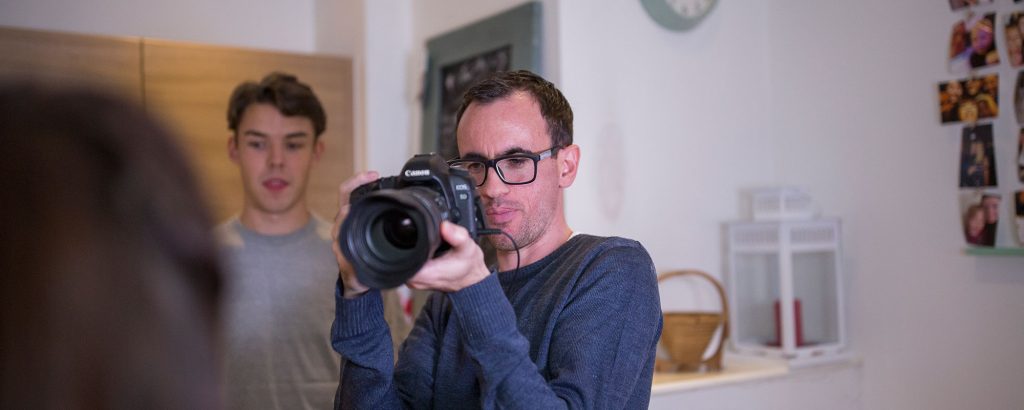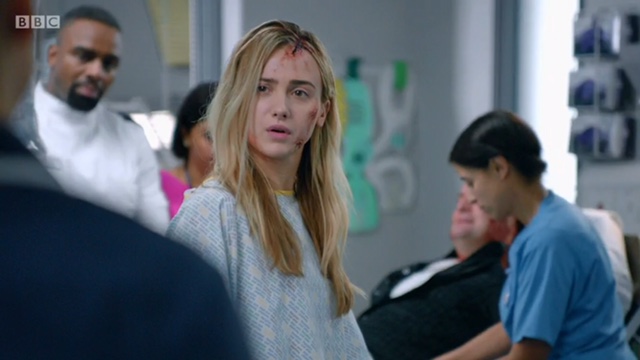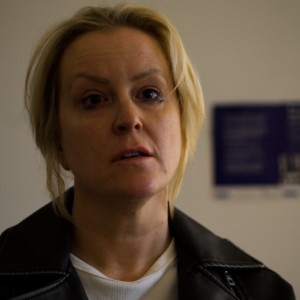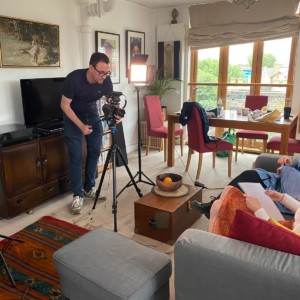Just a quick follow up to my showreels article a few days back.
I was asked a bunch of questions on Twitter and in email – the ones that required a longer answer I thought I’d answer in more depth here.

As a US actor now also starting work in Europe, I would like your opinion on having one reel vs comedy reel, dramatic reel for submission purposes?
— Andrea Helene (@andrea_helene) May 6, 2020
This is starting to become more common. Certainly, when I edit reels for actors if I see a reason for them to have separate reels, I mention it.
But it really comes down to how strong the material is. If you have one amazing comedy scene and two average scenes, you’re better off using that good scene in your traditional reel, or perhaps having it as a standalone piece.
It’s hard enough to have one solid reel, if you have enough for multiple, great, it can be useful, but always focus on the quality.
I’m in a weird place with my reel…I have a ton of footage from a Netflix episode that was a big booking for me, BUT…none of the scenes nec. show my skill as an actor…? What are your thoughts on the balance between showcasing a “big booking” vs. low-budg. but better acting?
— Ashley Ames (@Ashley_Ames_) May 5, 2020
This is one of the toughest situations to be in when editing a reel. To begin with, you have credits actors would kill for, but when you put the reel together, it’s missing ‘you’.
I think the answer is to focus on castability rather than credits. If you’ve got four lines in ‘Ozark’, then OF COURSE you want it on your reel, but you don’t have to have it first.
I think at the beginning of the reel you want well-lit, well shot material, that hints heavily at who you are.
Then dip into some TV pieces, but don’t over-prioritise them. Casting Directors aren’t stupid and they don’t need impressing, they just need to know you’ve got the skills.
The credits, and the footage from those credits is helpful, but you shouldn’t treat them as God-like material. They’re just a tool for a reel.
The problem with going from short films to broadcast credits is that, usually, the quality of the ‘role’ gets smaller. You go from being the lead, to being the woman who gives Olivia Coleman a cup of tea and say lines like “Thank you Ma’am, I’ll get that for you.”
The achievement of TV is great, but it doesn’t always show your casting. Dip into other material.
Thanks for that I made some notes and will use them. Can you elaborate more for me on character types and how to use them efficiently?
— Christin Prüstel (@chpru) May 5, 2020
Here’s what happens in an average showreel:
In scene one, two women are in a kitchen chatting about something they’re annoyed about.
In scene two, a woman breaks up with someone, probably a man, and feels the emotional weight of the situation.
In scene three, two people are on a park bench and something quirky happens.
That’s most reels I see.
They may show a talented actor, but they don’t really show character types. They don’t really tell a casting director what to do with you, they’re too general.
There’s an element to it which is stereotyping, in a sense. ‘Oh, she could play a doctor’ or ‘he’s good with the gritty crime stuff.’
But on a deeper level, some actors are good at playing strong characters who show weakness, others are good at vulnerable characters who are called upon to show strength.
When you think of it like that, many ‘types’ become apparent.
Maybe what you’re good at is playing a victim who finds strength, or maybe you’re good at playing over-achievers who have a come down. I guarantee you’re better at one than the other, and that’s a good guide for pointing you towards what should be on your reel.
Hi. Really appreciating your advice on this. Question: My show reel is good quality but all musical theatre and stage play footage. Any guidance on making the most of that?
— Erin Moir (@ErinMoir8) May 5, 2020
I should start by saying, I know nothing about musical theatre and very little about stage work in general, I’ve very much specialised in screen.
How best to use your footage for theatre purposes, I would imagine it’s best to keep it short and show your best work.
If you’re wanting to focus on screen work, nobody is going to want to see your musical theatre material. They’re completely different things.
I see from your Twitter that you went to Urdang, which is great. Even though they focus on dance, not acting, I’ve worked with a bunch of actors who went there and many have been very successful on screen – but it happened by making that switch and dedicating to screen work, to building a showreel that casting directors will want to see.
Have a read of this interview with actor Aimee Barrett, who trained at Urdang. We made her showreel in 2014 and within a year she had three TV credits.
If you want to do screen work, do courses that can help you with the craft and build a reel that’s specifically for film and TV.
What an interesting read! Thank you so much. Do you think it will be wise to make a “monologue quarantine showreel” in order to send out to the industry people?
— Eren Rumi Cose (@cose_eren) May 5, 2020
I think right now, there is definitely room for this. Even when the lockdown ends, auditions are going to be different for many years, if not forever.
The thing to remember though – the little secret no-one really says out loud – is that self-tapes are inherently boring to watch. They’re crucial for a casting, but watching someone recite something against a white wall is not the most enjoyable thing.
So, choose great content, keep it brief, work hard to deliver genuine, truthful performances.
And finally, I got this email from a 17 year old actor called Charlotte.
Regarding audition reels, the work I have mainly done so far is extra work and I really want to get noticed is the best way to do this through reels and if I don’t have any footage is it a good idea to film a monologue? And use that footage?
I think that right now, because of Covid 19, filming your work is a great way to stay on top of your game and to show what you can do.
As I said to the previous question, you want to keep it simple and short.
I think long-term the way to get seen for TV is to have a good, solid showreel, of scenes where you’re working with other actors and we’re seeing conflict and human interaction, but for now, sure, film monologues. Even if they don’t get you cast immediately, you’ll learn a lot by working on your craft and sharing it with industry peers.
To learn more about my showreel services, LOOK HERE.
Email me: dj@danieljohnsonfilms.co.uk —- Tweet Me: @danieljohnsonuk















